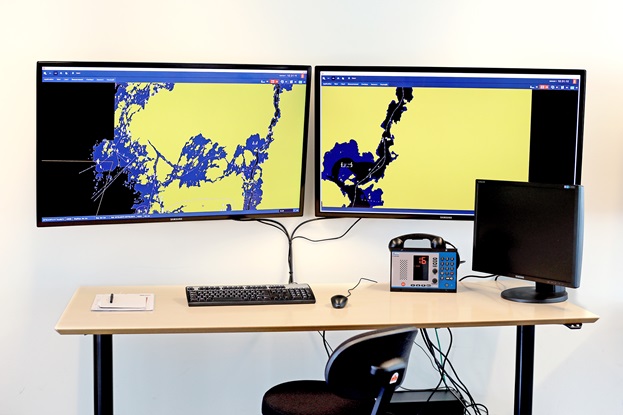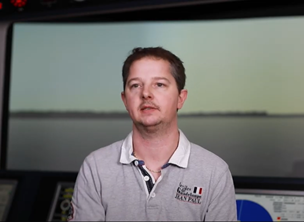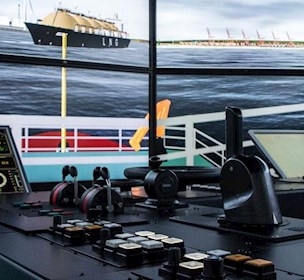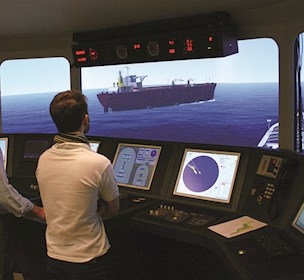Why poor communication and bad cultural understanding could jeopardise operations
Smooth collaboration is crucial in maritime endeavors, especially among pilots, captains, and VTS operators. Fostering effective teamwork between vessel bridge teams and VTS stations is paramount.
Cultural challenges in communication and planning
Of course, communication may be challenged by poor English skills. But the challenge can also, perhaps to an even larger degree, be related to cultural differences.
A pilot has to adjust his behaviour according to the different nationalities he will be cooperating with as each culture is characterised by a certain behaviour that affects the cooperation.
Preplanning an operation is essential. Therefore it is of vital importance that the pilot informs the crew about his plan for the whole operation and its different key points, and it is important that the pilot acts according to the plan.
’In our opinion, a skilled pilot analyses the situation while also taking changes in conditions into account. In some cultures, however, deviating from the plan is a sign of incompetence and will lead to frustration and uncertainty among the crew. The solution is simply that the pilot informs the crew of his plan as well as his plan B in case of unforeseen circumstances. In that case, it will be acceptable to them,’ explains Carl Thue Rabjerg, Senior Instructor at FORCE Technology.
The difference between information and instruction
Correct and efficient communication between vessels and VTS stations can also be challenged by a large power distance among the bridge team of the vessel. There is a risk that Information given to a vessel from the VTS station is received as Instructions if the vessel’s crew is from a culture with a large power distance. Understanding how to overcome and prevent such misunderstandings is an essential part of the pilot’s daily work.
One way of preventing such misunderstandings is if the VTS operator calling the vessel starts with a communication marker such as “Question”, “Instruction”, “Information”, etc. This helps the crew to decode the following conversation easily.
Besides using communication markers, the VTS operator can benefit from speaking in short sentences using maritime terminology and only address the vessel with one message at the time.
These small but significant changes in the communication can help overcome the misunderstandings derived from a large power distance.
Exercising new knowledge and skills
In a simulator, it is possible to train the everyday routines with focus on cooperation and communication and further to overcome some of the barriers that lie within.
Thue Rabjerg explains why the exercises are everyday scenarios similar to what the participants encounter in their daily work. ’It is during the daily work that the safety needs to be improved. Many everyday situations can be handled successfully without good cooperation, but once a situation becomes critical, you are in trouble. During a crisis, you are not able to act differently from your normal work routines. Therefore, you need to handle everyday situations at a high professional level in order to be able to handle a crisis.’





